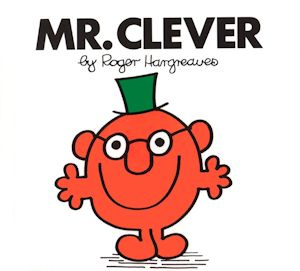
Could we simply take a pill
to make us cleverer?
![]()
Modafinil
A Nootropic
![]()
Simon Cotton
University of Birmingham
![]()
Molecule of the Month December 2019
Also available: JSMol version.
![]()
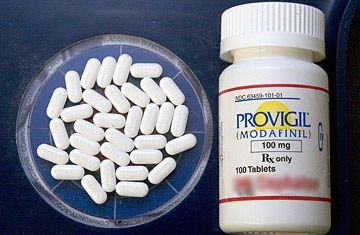

Could we simply take a pill to make us cleverer? |
ModafinilA Nootropic
Simon Cotton
Molecule of the Month December 2019
|
 |

No, chemicals to improve your mental powers. The word comes from two Greek words, noos (mind) and tropos (growth). Some people call them "smart drugs".
Some of them make you more alert for longer. South Americans have chewed coca leaf as a source of cocaine (MOTM February 2016) for over 1000 years. The first synthetic drugs used for this were amphetamine (‘Benzedrine’) and methamphetamine (MOTM March 2007), which were used in World War II by watch-keepers on ships and by bomber pilots on long missions, as well as by soldiers e.g. at the battle of El Alamein in 1942. At that time, the civilian population in Japan was given them to increase productivity, and they are still used. Recently Ritalin has been used to treat Attention Deficit Hyperactivity Disorder (ADHD) in children, but has also apparently been used by college students and executives wanting to enhance their performance. This is a modified amphetamine; they all work by affecting the release and reuptake of the neurotransmitters dopamine and norepinephrine.
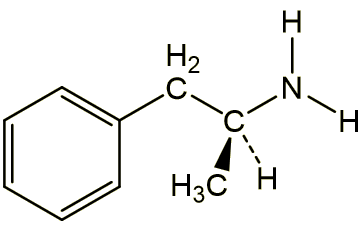 |
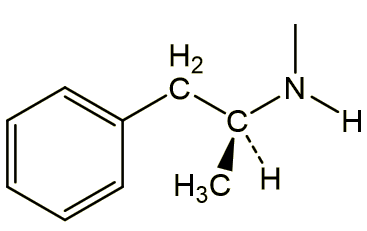 |
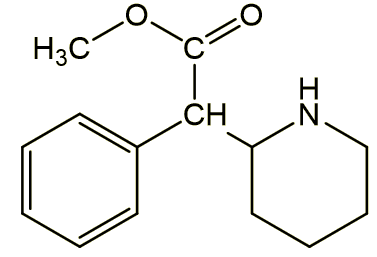 |
| Amphetamine | Methamphetamine | Ritalin |
Modafinil (which goes under other names like Provigil) is reportedly free of the addictive properties of amphetamines. It is usually taken first thing in the day; it prevents sleepiness during the daytime (narcolepsy), without interfering with sleep at night. In the 2007 sci-fi film The Invasion, in which humans are attacked by an alien virus as they sleep, Nicole Kidman’s character is shown searching for Modafinil in a pharmacy, so that she can stay awake. American scientists have found it effective in treating sufferers from shift-work sleep-disorder (SWSD). A 2013 study has concluded that Modafinil can improve alertness and motivation.
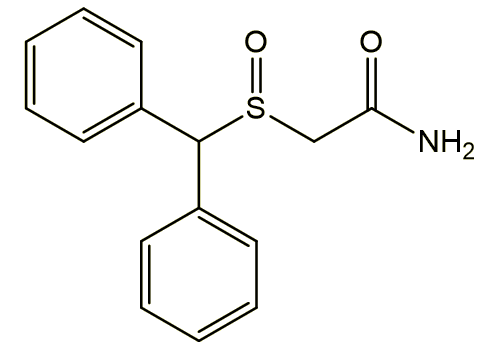 |
| Modafinil |
Although Modafinil does not have a chiral carbon, it does have an asymmetric sulfur atom, so it exists as two enantiomers. They appear to work identically in mice so Modafinil has been marketed as the mixture of the two isomers and also as the single (R-)-isomer; the (R-) isomer is eliminated from the body three times more slowly. The (R)-isomer was approved for use by the FDA in 2007 for the treatment of excessive sleepiness and marketed as Armodafinil (Geddit?).
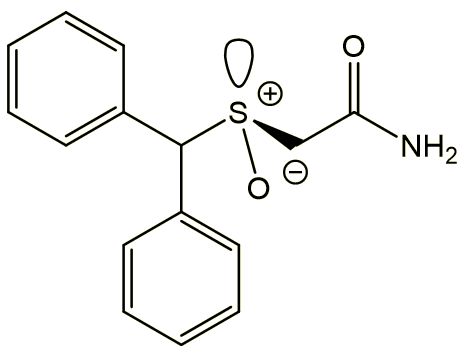 |
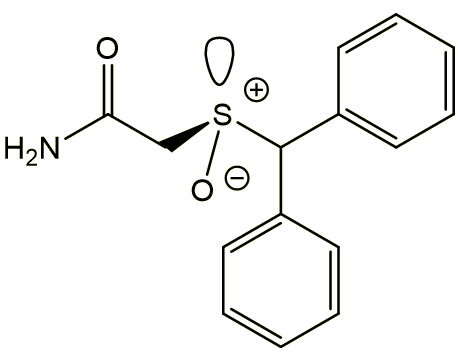 |
| (R)-(-)-modafinil | (S)-(+)-modafinil |
It is eliminated from the body after undergoing either hydrolysis of the amide group or by oxidation at sulfur to the sulfone.
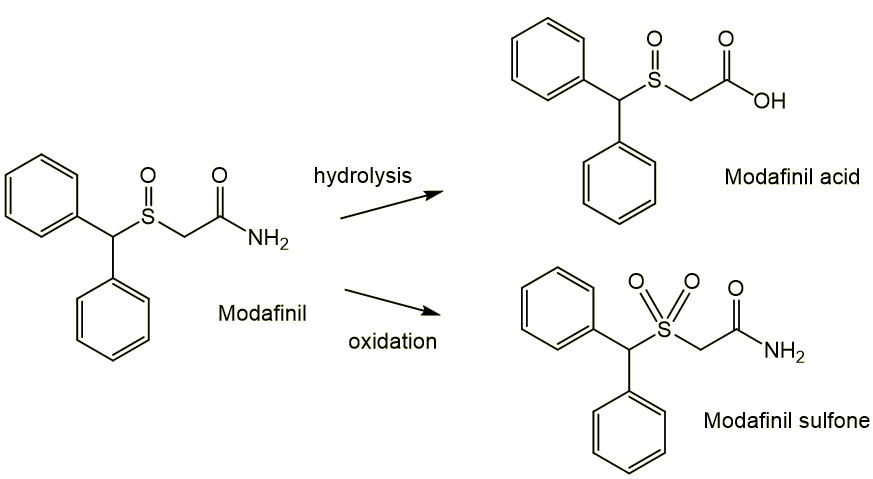
It is thought to be a weak – but extremely selective - dopamine reuptake inhibitor, though not in the same way as amphetamines, but that may not explain all it does.
Yes, there is a family of molecules called ampakines, such as CX-516 (Ampalex) and CX-546. These are currently being developed to tackle a number of conditions including Alzheimer’s and Parkinson’s disease, ADHD and other illnesses. They are believed to work by tackling the AMPA receptor, one of the receptors that recognises the neurotransmitter glutamate. People with Alzheimer’s disease are believed to have low levels of glutamate-mediated excitatory stimulation, and ampakines work by boosting the glutamate signal through the AMPA receptor.
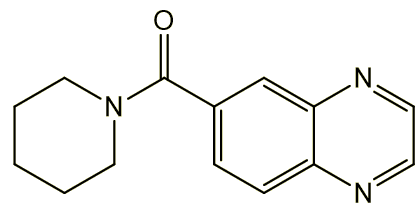 |
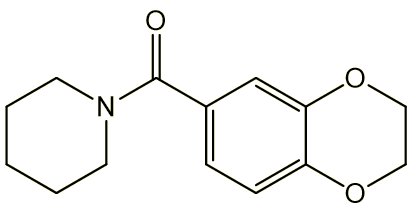 |
| CX-516 | CX-546 |
CX-516 (Ampalex) and CX-546 suffer from poor oral availability; CX-717 (of as yet undisclosed structure) has been on clinical trials, from which conclusive results have not yet emerged. In 2002 it was reported that donepezil (Aricept), which is a medication that slows memory loss in people with Alzheimer’s, improved the ability of pilots to retain a complex set of flying skills.
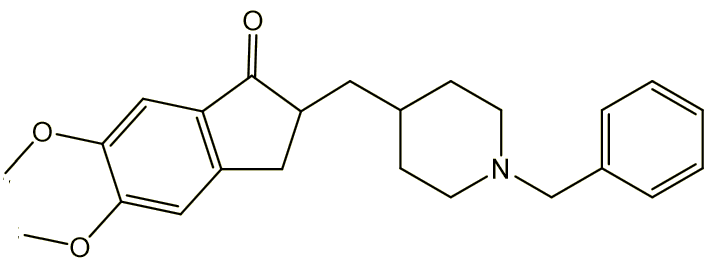 |
| Donepezil |
Other drugs for the treatment of Alzheimer’s are also being examined for their potential as nootroptics; one is galantamine (MOTM November 2012), obtained from Caucasian snowdrops, Galanthus woronowii, another is Huperzine A, from the common moss, Huperzia serrata (photo, right), in China, where it has been used in medicine for years. Acetylcholine is an important neurotransmitter, and the enzyme acetylcholinesterase exists to break acetylcholine molecules down after the message is transmitted. However, if acetylcholine is destroyed too fast, the transmission of the impulse may be interfered with. Galantamine and Huperazine A both act as inhibitors of the enzyme, and increase the concentration of acetylcholine in the brain. This is thought to be why they may improve memory and cognition. |
 Huperzia serrata Photo: Keisotyo [CC BY-SA 3.0] via Wikimedia Commons |
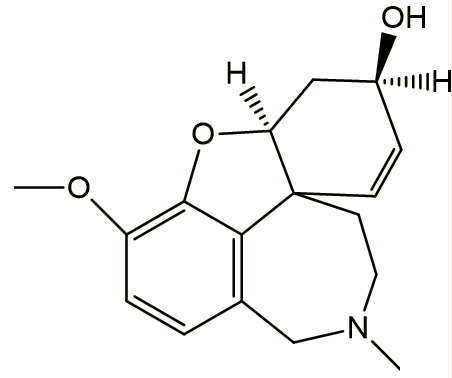 |
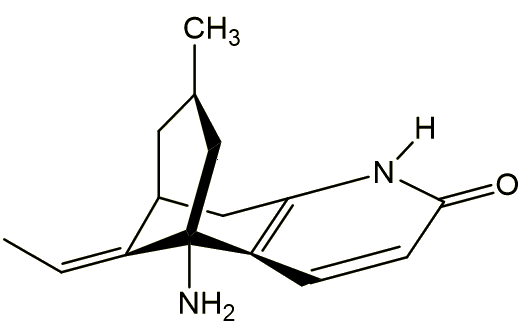 |
| Galantamine | Huperzine A |
And then there is Sunifiram, developed from piracetam, the original substance shown to have nootropic properties.
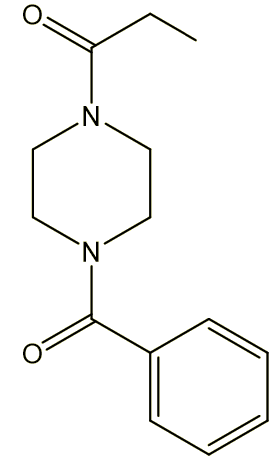 |
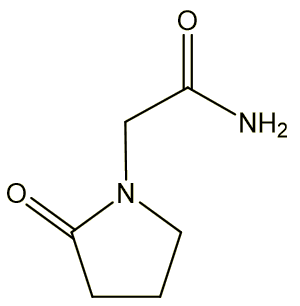 |
| Sunifiram | Piracetam |
 Albert Einstein - the epitome of intelligence. Photo: Orren Jack Turner, Princeton, N.J. Modified with Photoshop by PM_Poon and later by Dantadd. [Public domain] via Wikimedia Commons. |
What’s special about that?I am not sure that 'special' is the right word. Sunifiram was first reported in the scientific literature in 2000 by a team of Italian researchers. It was tested on animals (e.g. rats) but never underwent clinical testing nor was patented. Other people obviously read the literature, as by 2012 it was listed for sale online by dozens of companies, side-by-side with other nootropics that had been clinically trialled. That’s right, it’s available for humans to buy to use on themselves, even though no-one knows anything about potentially harmful effects upon human beings. So we can go ahead and buy new brains?At the moment, Ritalin and Modafinil are increasingly-used prescription-only drugs in the UK, for people diagnosed with ADHD or narcolepsy, and there is evidence that more people are obtaining them from other sources. |
Chemistry is morally neutral, but there is a potential minefield out there with nootropics. We drink black coffee for alertness, relying on caffeine as a stimulant (it is reported that when administered after study, caffeine helps consolidate memory), so what is wrong with smart drugs to sharpen us and give us that edge – though available evidence suggests that at least some of these drugs don’t offer much advantage over caffeine. After all, the argument goes, we have cosmetic surgery, why not cosmetic neuroscience? If some professionals such as soldiers and airmen perform better when they receive a medication, why not other professionals, such as doctors, if that helps them make fewer mistakes in diagnosis, especially when they are doing long shifts? And how about over-worked doctors, does it help them work longer, or is it a reaction to stress and workload, which may cause addiction and may make them overestimate their capability and put patients at risk? But then, we disapprove of athletes taking drugs to improve performance in sports – look no further than the Ben Johnson case (nandrolone MOTM October 2000) - so why should scholars take drugs to give them an unfair edge over others, maybe people who cannot afford the drugs? Morphine is a brilliant painkiller (MOTM November 2004), helping people deal with the trauma brought by wounds and burns, yet it is also a fearfully addictive substance, especially wrapped up as heroin. Beyond that, America struggles in the wake of painkiller addiction (MOTM December 2015). Do we stop developing painkillers because they could be abused? And what are the long-term effects of taking these mind-assisting drugs? The argument goes on. |
 Image courtesy of photostock at FreeDigitalPhotos.net |
![]()
![]()
![]() Back to Molecule of the Month page. [DOI:10.6084/m9.figshare.8175479]
Back to Molecule of the Month page. [DOI:10.6084/m9.figshare.8175479]